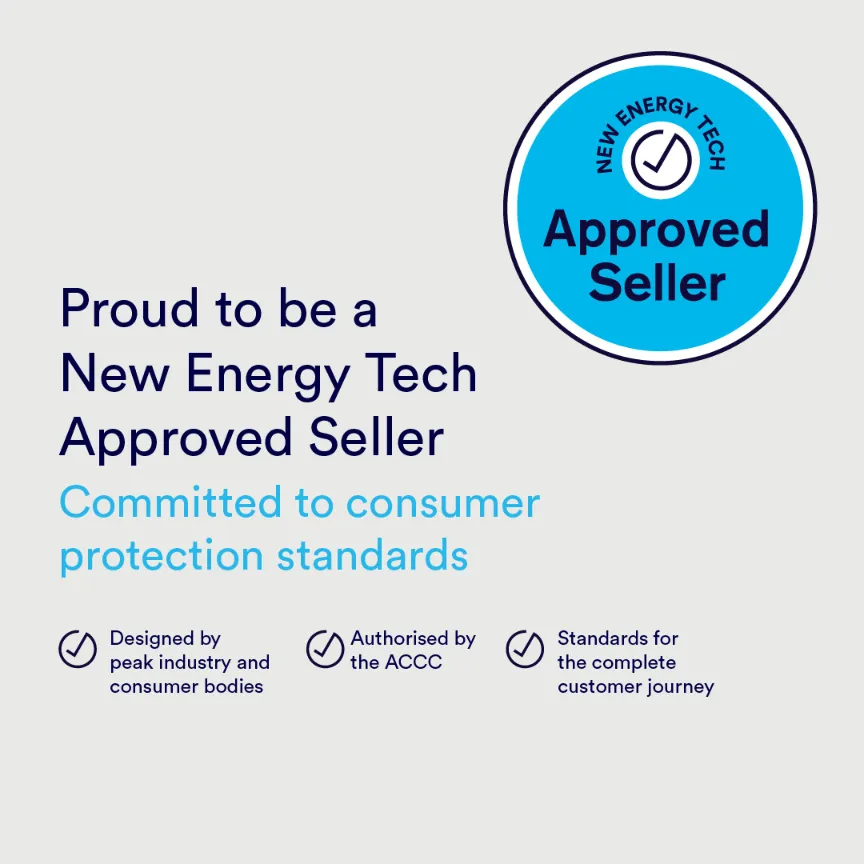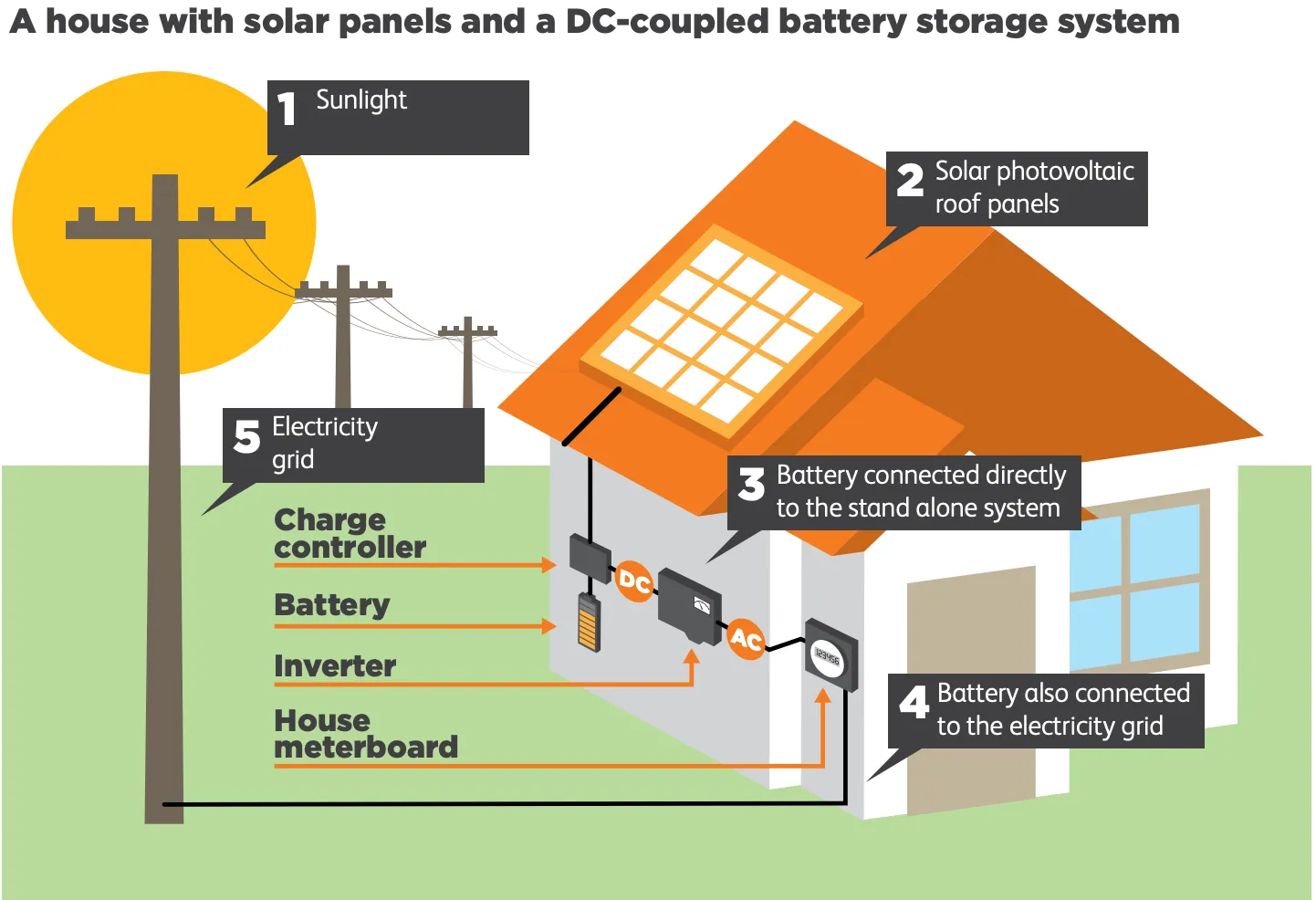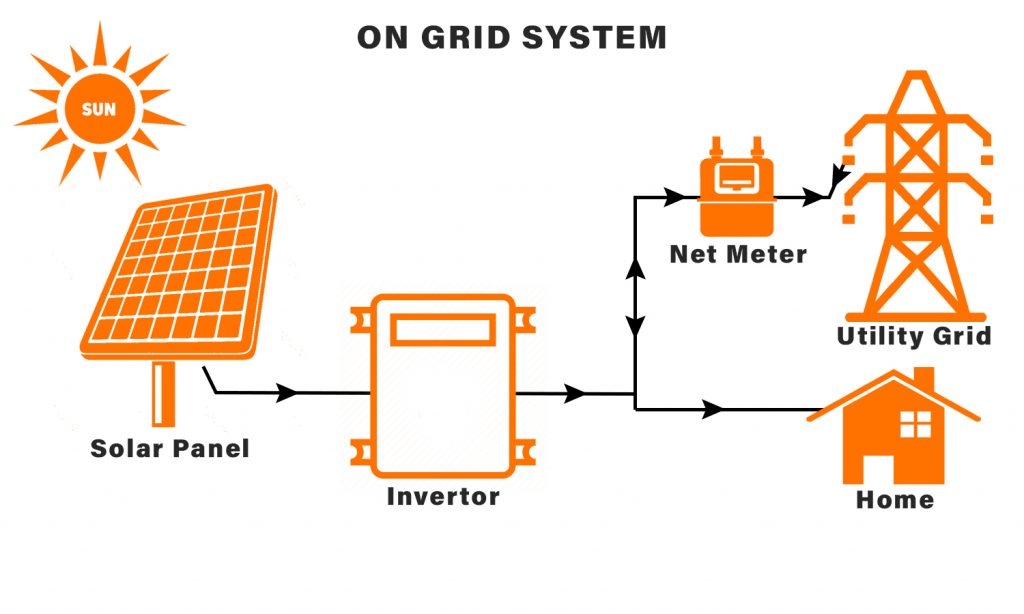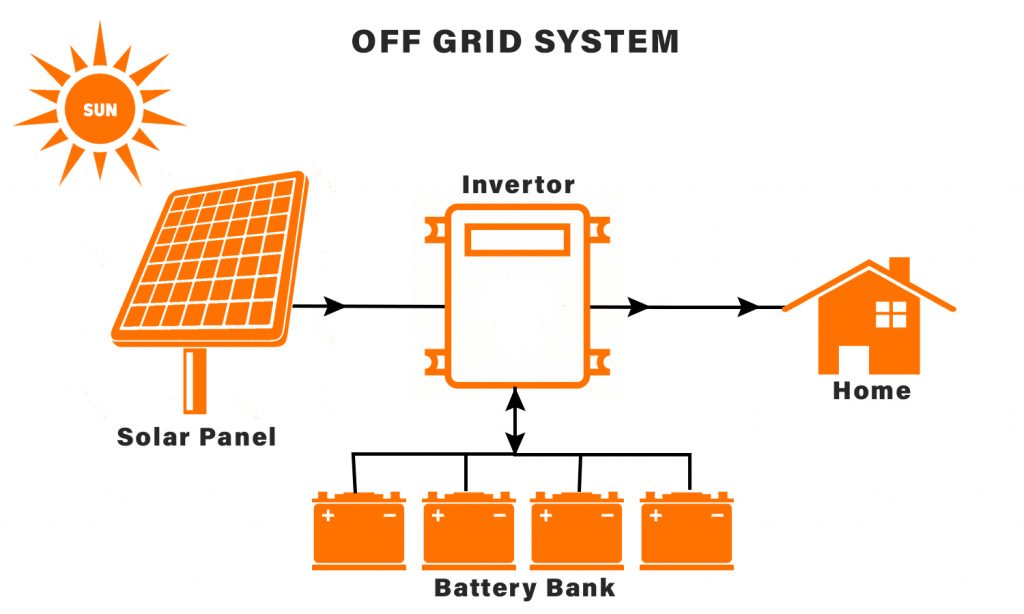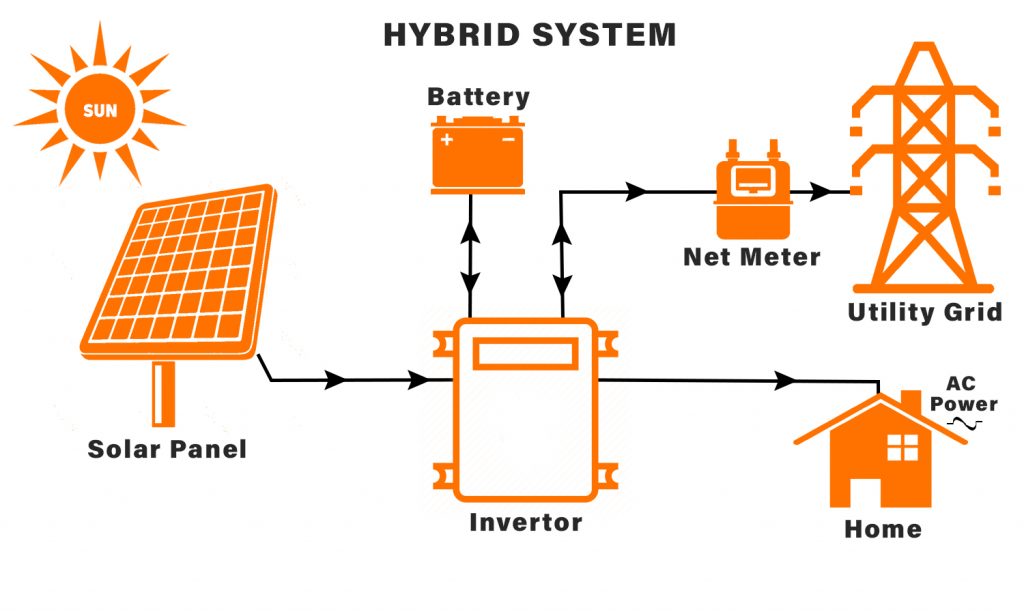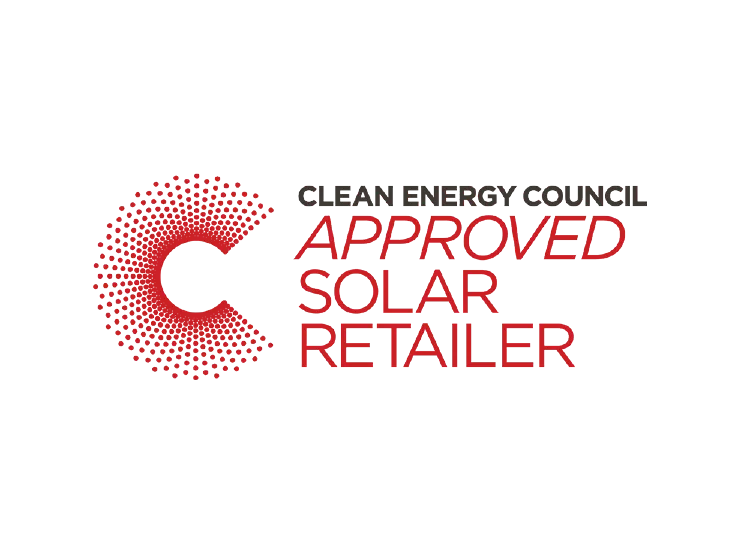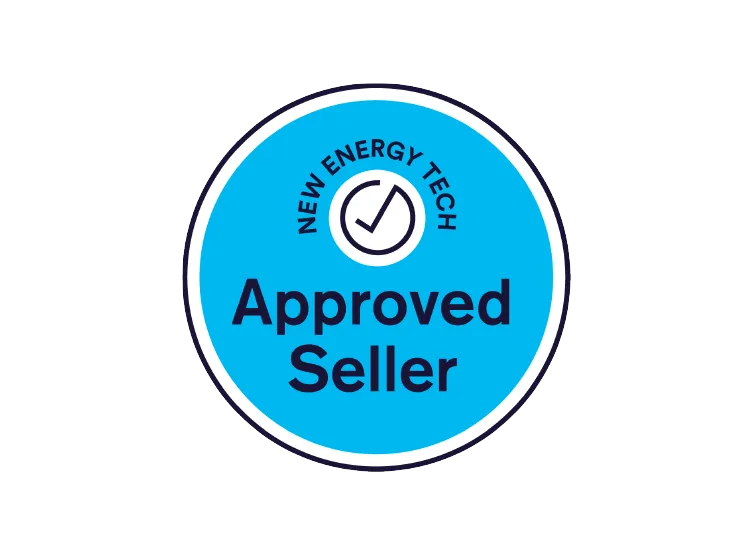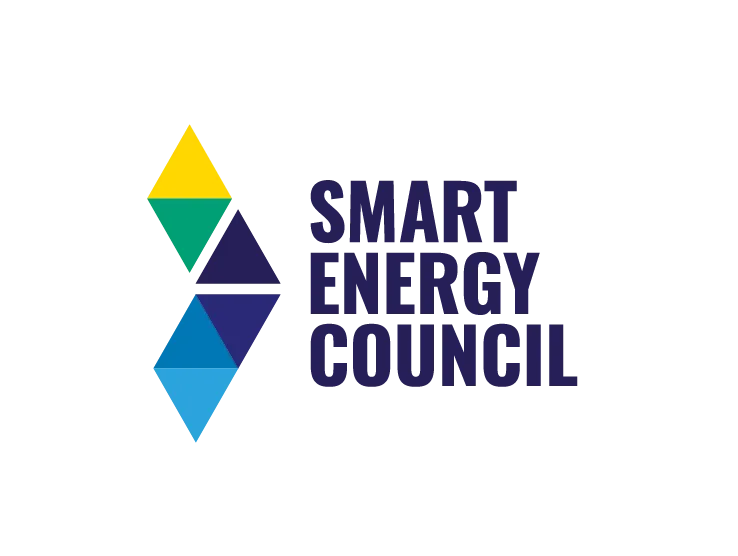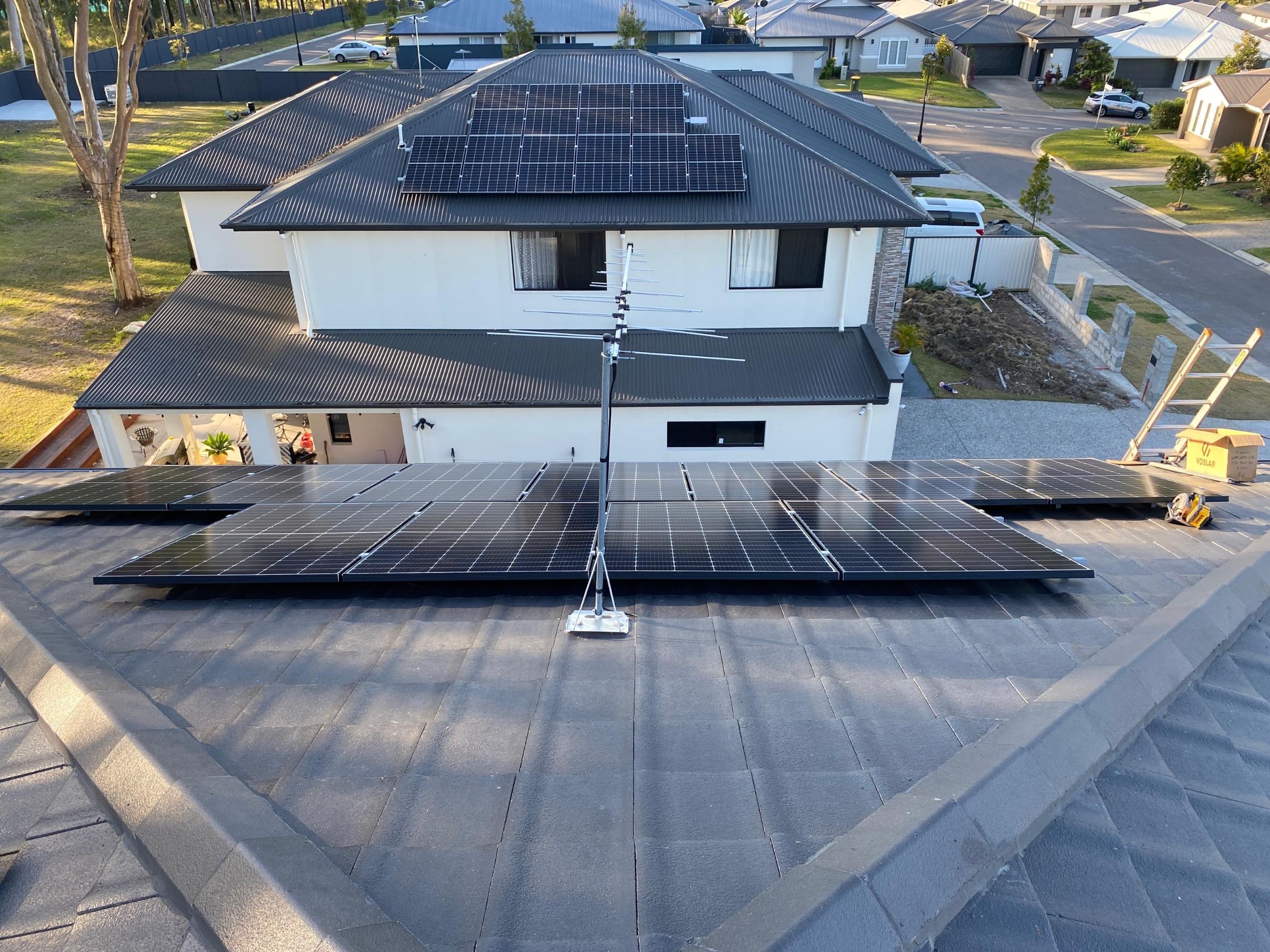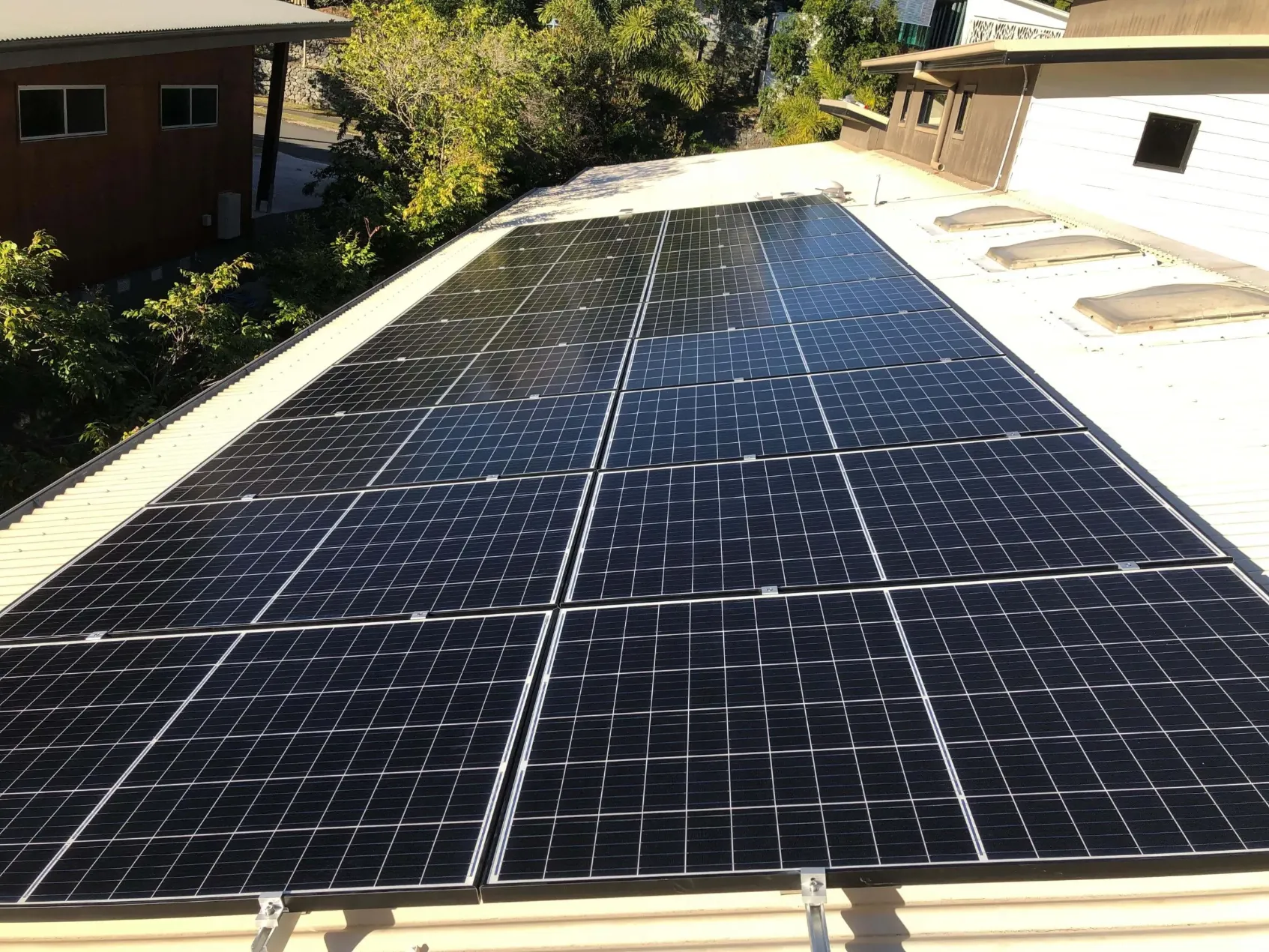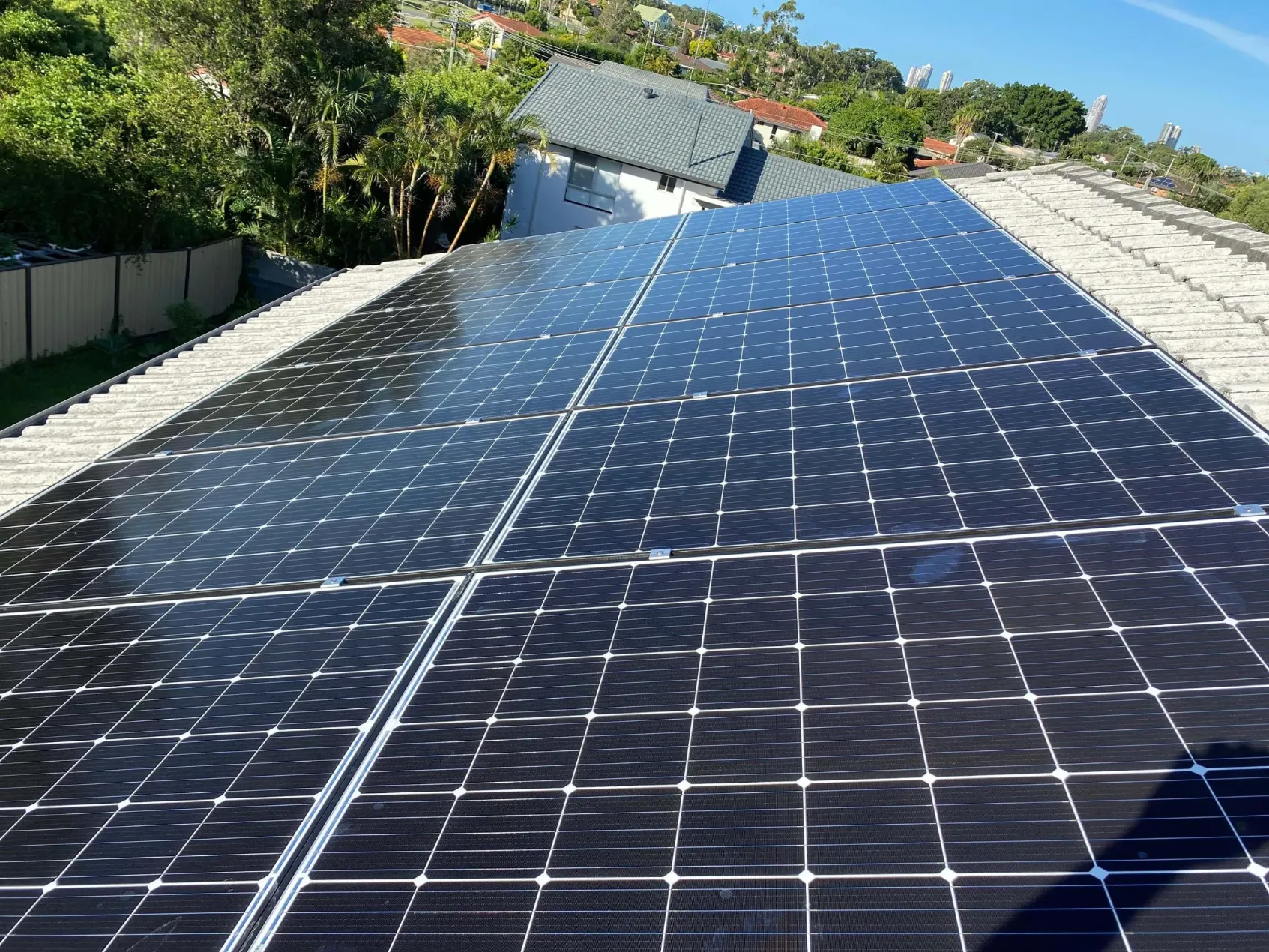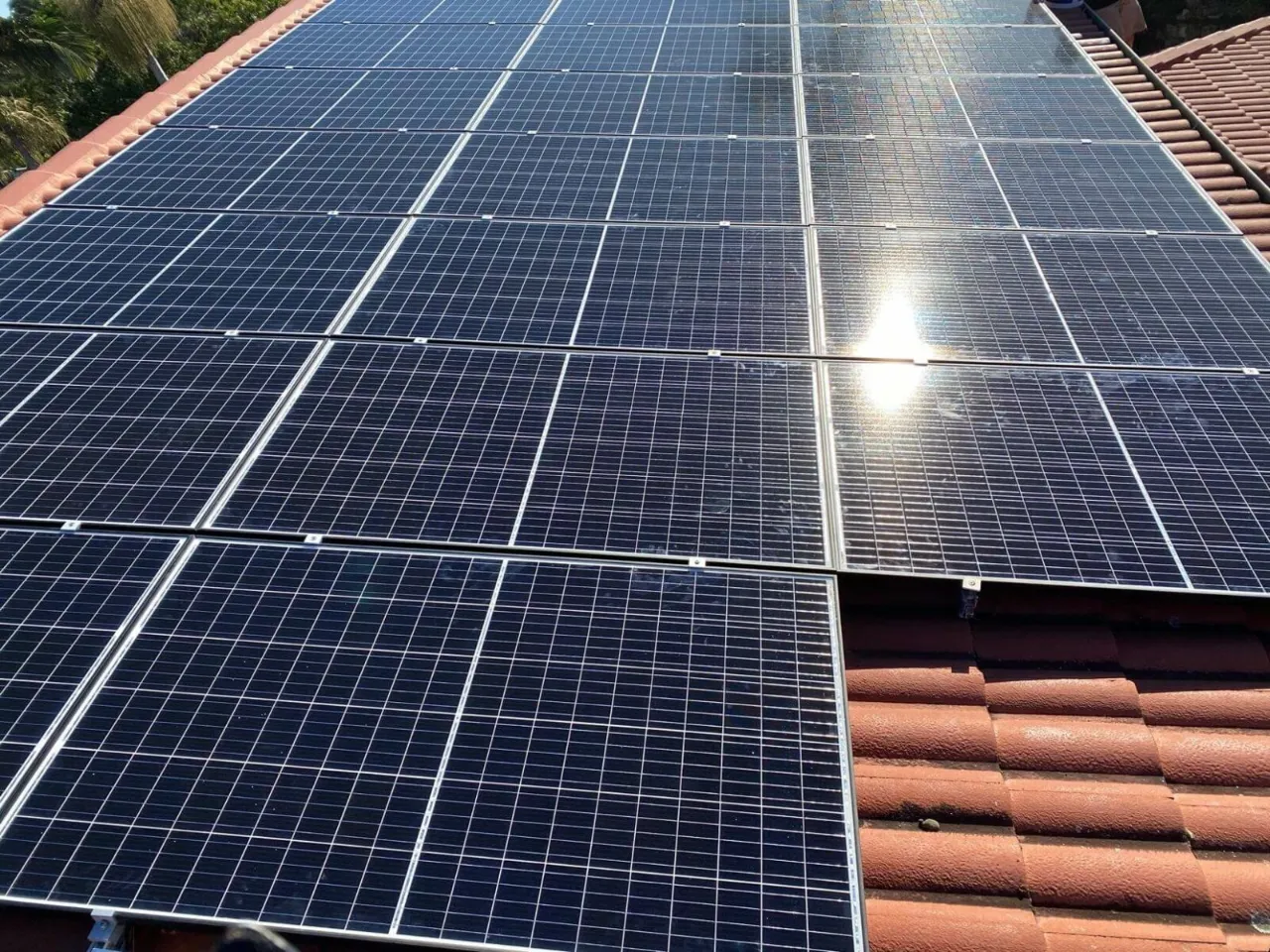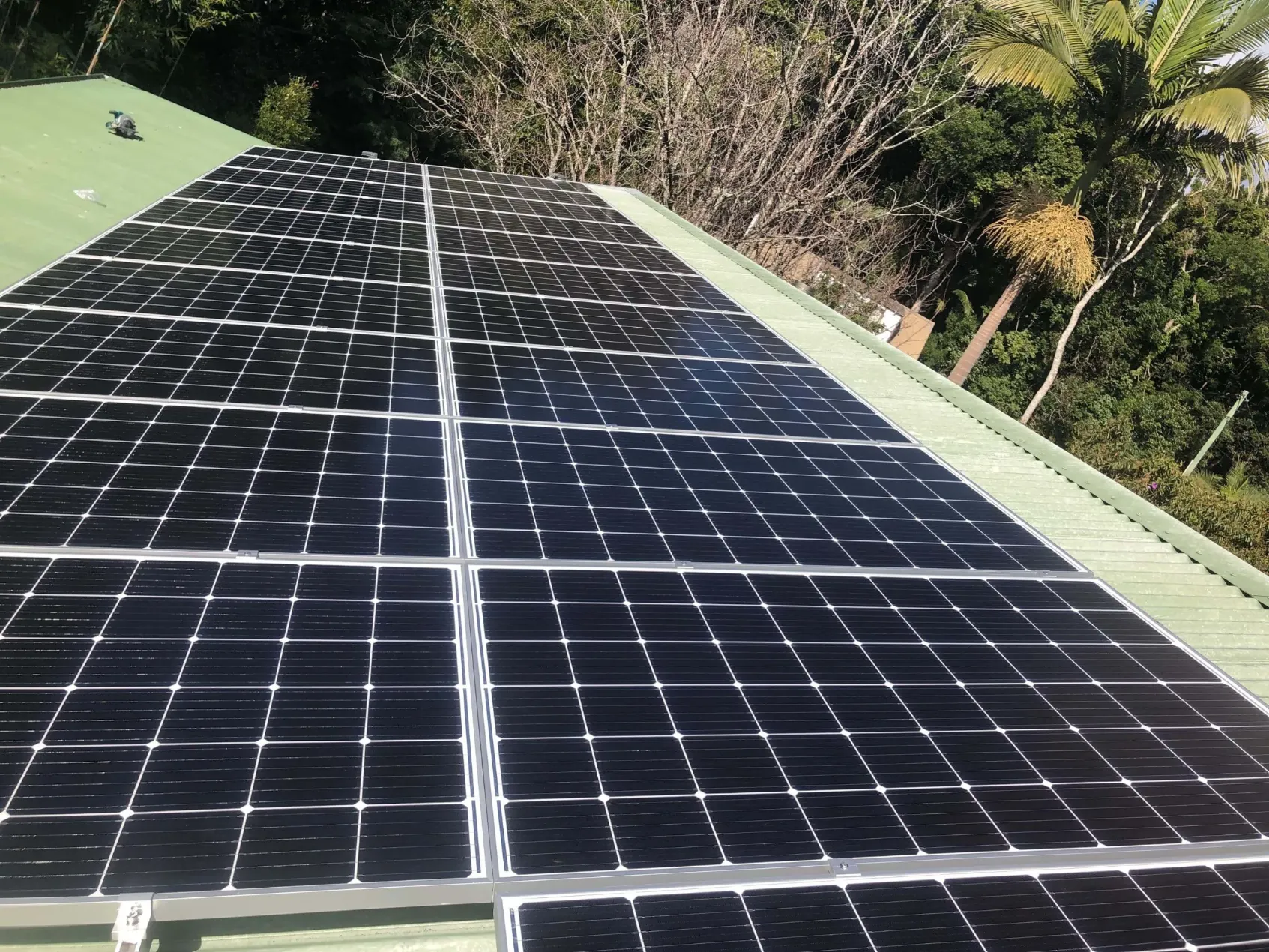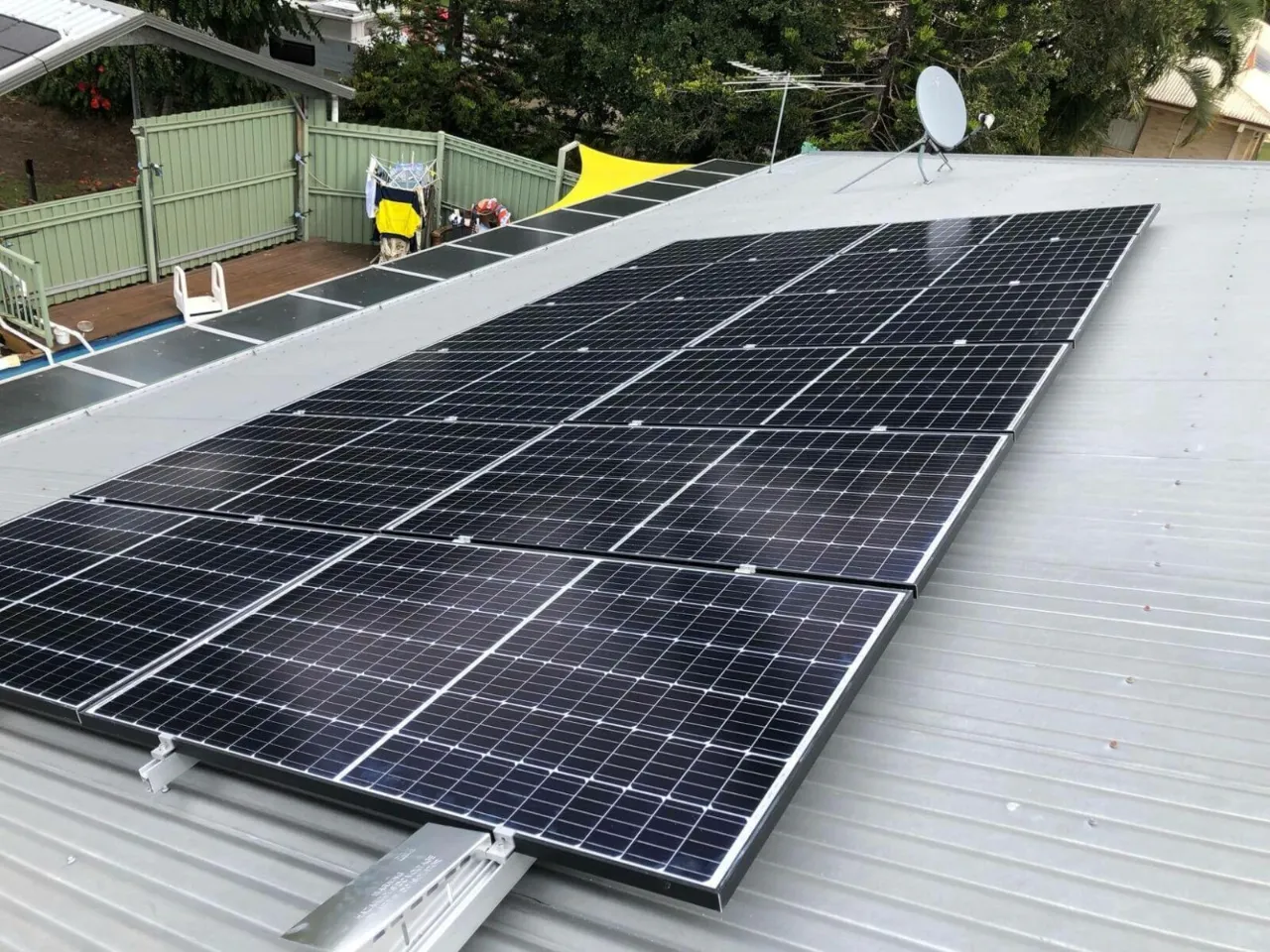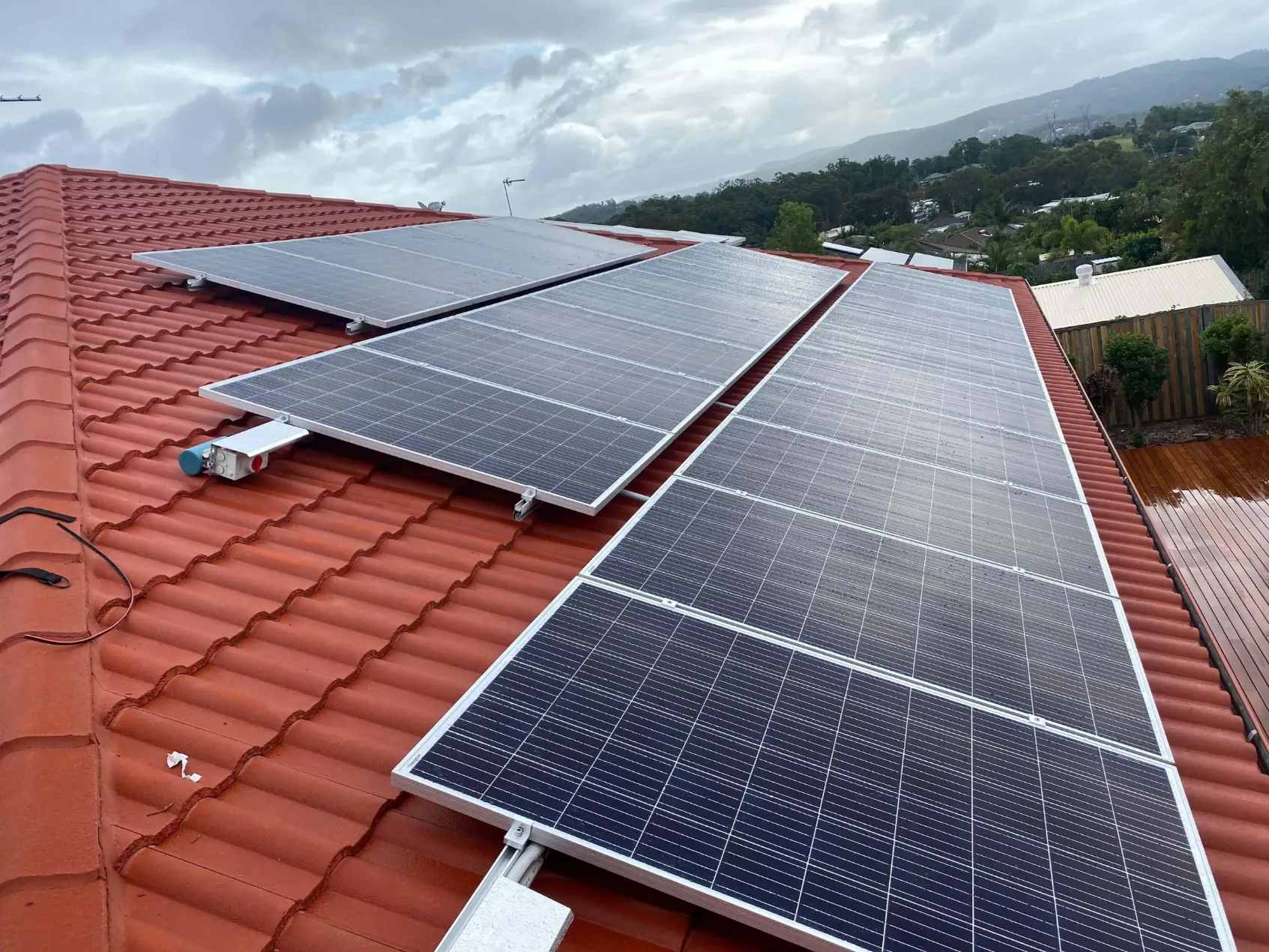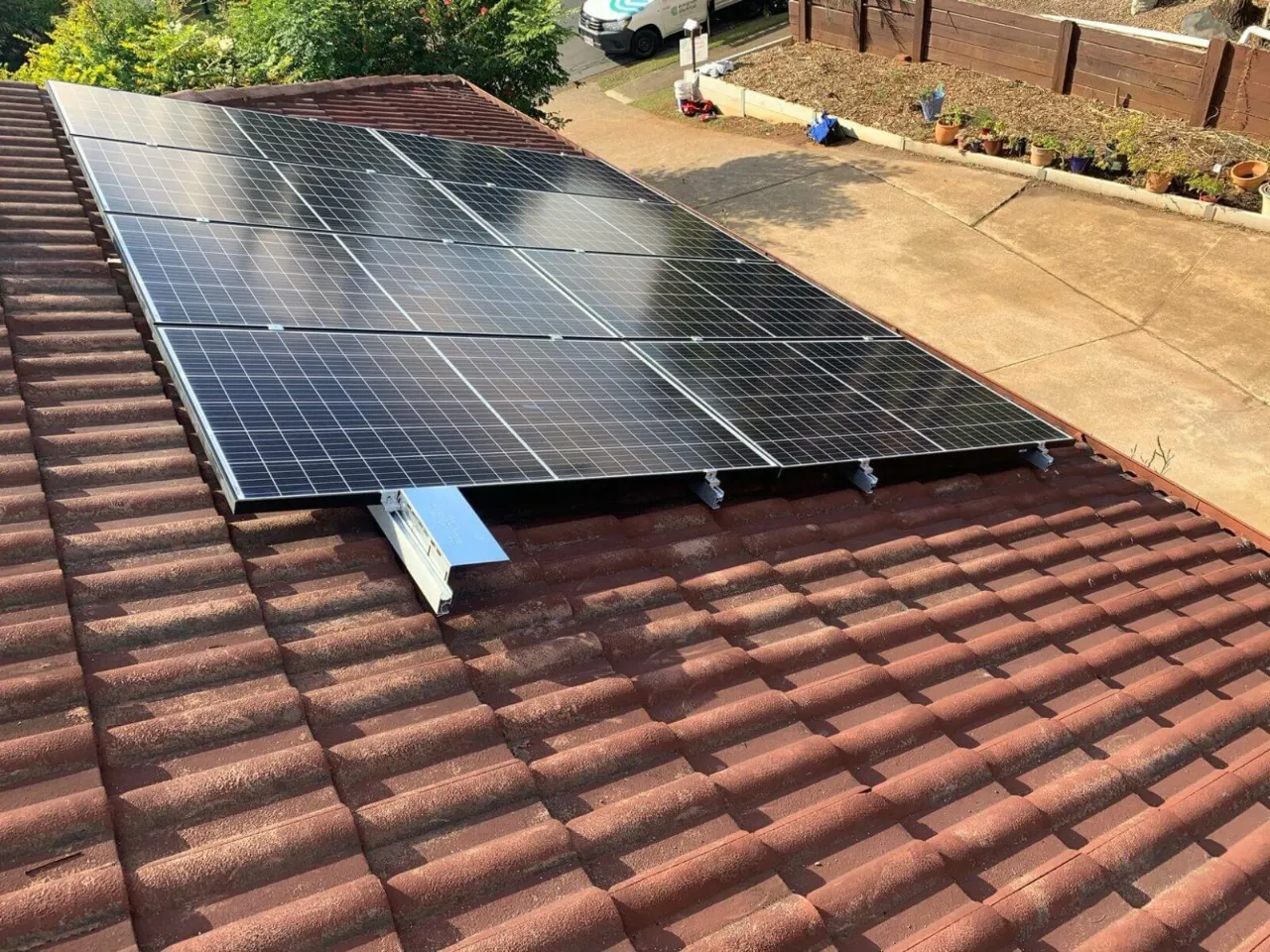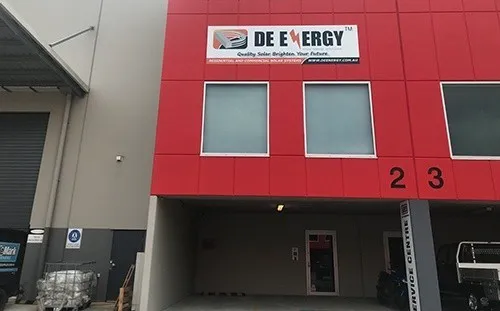- Overview of the solar panel installation process:
DE Energy Solar offers a comprehensive solar panel installation process that includes site assessment, design, permits, installation, and commissioning. Our team of experts will conduct a site assessment to determine the best solar panel system for your home or business. We will design a system that meets your specific needs and obtain the necessary permits for installation. Our professional installation team will then install your solar panels, ensuring a seamless and efficient process. Once the installation is complete, we will commission the system and provide ongoing maintenance and support.
- Timeline for solar panel installation:
The timeline for solar panel installation varies depending on the complexity of the project and the availability of materials and permits. Generally, the installation process takes between 1-3 days for residential projects and 1-2 weeks for commercial projects. DE Energy Solar will provide you with a detailed timeline for your specific project, so you know what to expect every step of the way.
- Tips for preparing your home for solar panel installation:
Before your solar panel installation, there are a few things you can do to prepare your home:
- Clear any debris or obstacles around the installation site to ensure easy access for our installation team.
- Trim any overhanging branches or vegetation that may shade your solar panels and reduce their efficiency.
- Ensure your roof is in good condition and free from leaks or damage. DE Energy Solar can assist with any necessary repairs or upgrades.
- Consult with your insurance company to ensure you have adequate coverage for your new solar panel system.
By following these tips, you can help ensure a smooth and successful solar panel installation.
